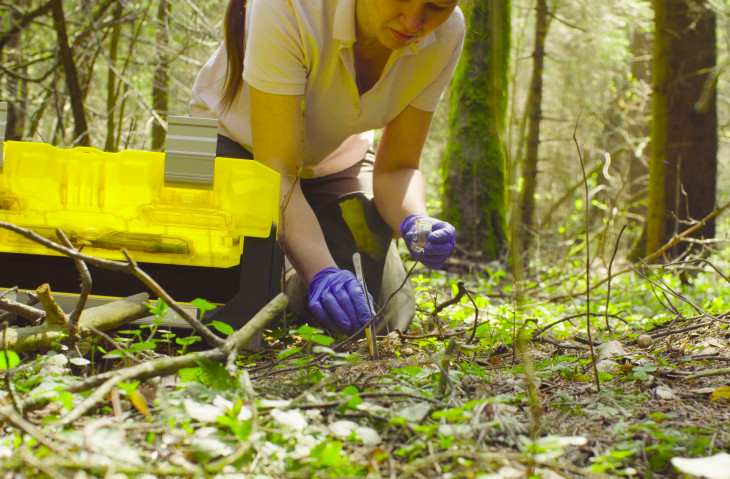Foresters and conservation scientists usually require a bachelor's degree in forestry or a related field. Employers often prefer applicants who have obtained their degrees from accredited programs.
Education & Training
Conservation scientists and foresters often have a bachelor's degree in one of the following: agricultural science, environmental science, or rangeland management. Graduate work is not usually required; however, some foresters and conservations scientists may go on to earn their Ph.D. or master's degree.
Every location has their own accredited programs so check within your location. Numerous colleges and universities offer degrees in forestry or another related area. Bachelor degree programs are required to prepare foresters and conservation scientists for their graduate degree or career. Theory and practical skills are as necessary as education.
Additional recommended courses include: forest resource measurement, ecology, biology and computer modeling. Knowledge of GIS technology is also required.
Licenses, Certifications, and Registrations
There are specific licensing laws pertaining to individual areas. Most registration and licensing requirements require a 4 year degree in forestry along with numerous years of related work experience. Candidates who prefer a license may be required to pass an exam. Professional certification in rangeland management is available through the Society for Range Management. Others may choose to become a range management consultant.
Skills and Qualities that will Help
Analytical Skills: Field test results must be analyzed frequently by foresters and conservation scientists. A variety of experiments are conducted that require accuracy and frequency. Analysis is prepared with the help of computer modeling.
Critical-Thinking Skills: Foresters and conservation scientists need to use judgment and sound reasoning to determine adequate solutions regarding improving forest conditions. Being able to respond appropriately to forest fires is another important factor.
Decision-Making Skills: Foresters and conservation scientists utilize their expertise to determine what kind of impact their findings have on forest lands, soil and potential forest fires.
Management Skills: Foresters and conservation scientists are required to work with the technicians they supervise, along with numerous conservation and forest workers; therefore, effective communication is necessary.
Physical Stamina: Foresters and conservation scientists commonly walk far distances in wooded and steep locations. They work in all varieties of weather including extreme cold and hot temperatures. Being physically fit greatly helps for outdoor fieldwork.
Speaking Skills: Foresters and conservation scientists are required to provide clear instructions to conservation technicians and fellow forestry workers. They need to communicate necessary labor tasks to ensure proper forest maintenance.
How To Advance
Numerous foresters and conservation scientists take on managerial duties. They may work on policy issues or conduct research once they obtain their advanced degree. Foresters in management typically spend the majority of time in their office as opposed to working out in the field. They may supervise others and develop intricate management plans.
Soil conservationists often begin working within one location. They may advance to a state/provincial, regional or national level. It is possible for soil conservationists to transfer to other occupations such as a land appraiser or ranch management position.









